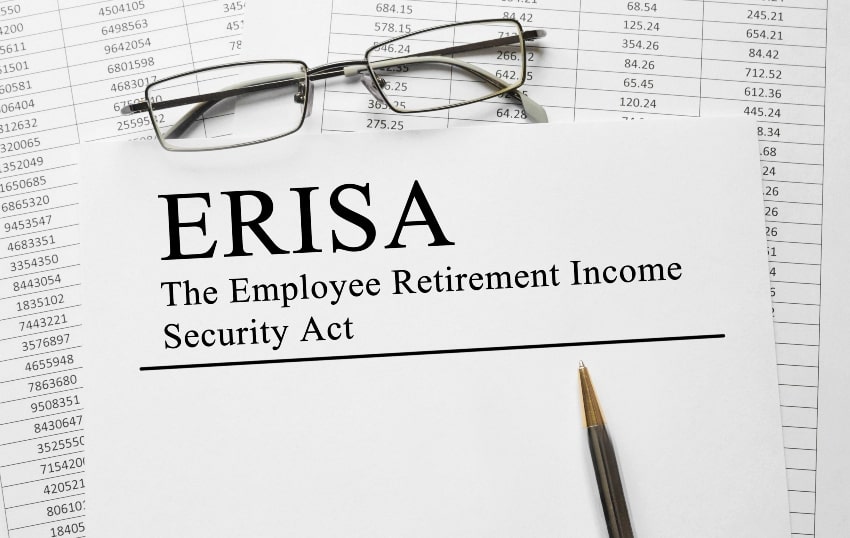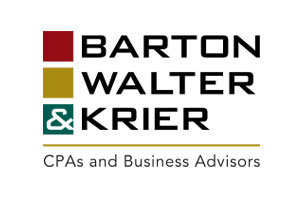Be Prepared for Tax Season
February 28, 2023 | Barton Walter and Krier
With the new year officially here, it’s only a matter of time before we’re all in the midst of the tax time rush. Last-minute number crunching can be stressful, both for business owners and their tax professionals. We have some basic and simple ideas to help ensure you’ll be prepared for tax season so that your filing process goes smoothly. Organize Financial Records and Receipts Hopefully you’ve been keeping tabs on your business’s performance over the last year. Documenting and analyzing financials each month gives you an idea of the health and profitability of your company. Bring those records as well as any receipts for business expenses when meeting with your tax professional. Keeping your documents together will help ensure you have the information your […]
Read MoreLike-Kind Exchange Basics
February 23, 2023 | Barton Walter and Krier
Buying and selling makes the business world go ’round. This is true for products, services, and even real estate. But be aware that selling property for a significant financial gain often means you’re paying a substantial amount of taxes. Reinvesting those profits can help defer tax payments on qualifying property sales. Let’s look at like-kind exchange basics and how this strategy can benefit you. Defining Like-Kind Exchanges If you make money from the sale of a business or investment property, you’re required to pay capital gains tax on the profit. Capital gains tax rates depend on the time frame of the sale and its profits —short-term at 10-37 percent, or long-term between 10-20 percent. Internal Revenue Code Section 1031 allows a seller to postpone paying […]
Read MoreAn ERISA Fundamentals Review
February 9, 2023 | Barton Walter and Krier
The Employee Retirement Income Security Act (ERISA) oversees and manages benefit plans provided to employees by their employers. Since its inception, some guidelines have been amended, but the basic principles remain the same. At Barton, Walter & Krier, we wanted to present an ERISA fundamentals review and offer our services to businesses on this retirement plan protection. ERISA Explained In 1974, the ERISA federal tax and labor law established regulations on employee benefits plans. The goal was to protect participants’ retirement savings from potential misconduct. The safeguards set forth by ERISA protect current employees and their beneficiaries as well as retirees. Employer-sponsored plans covered under ERISA include 401(k)s and 403(b)s, pensions, and profit-sharing plans. Specified non-retirement plans such as FSAs, disability and life insurance, and […]
Read More

